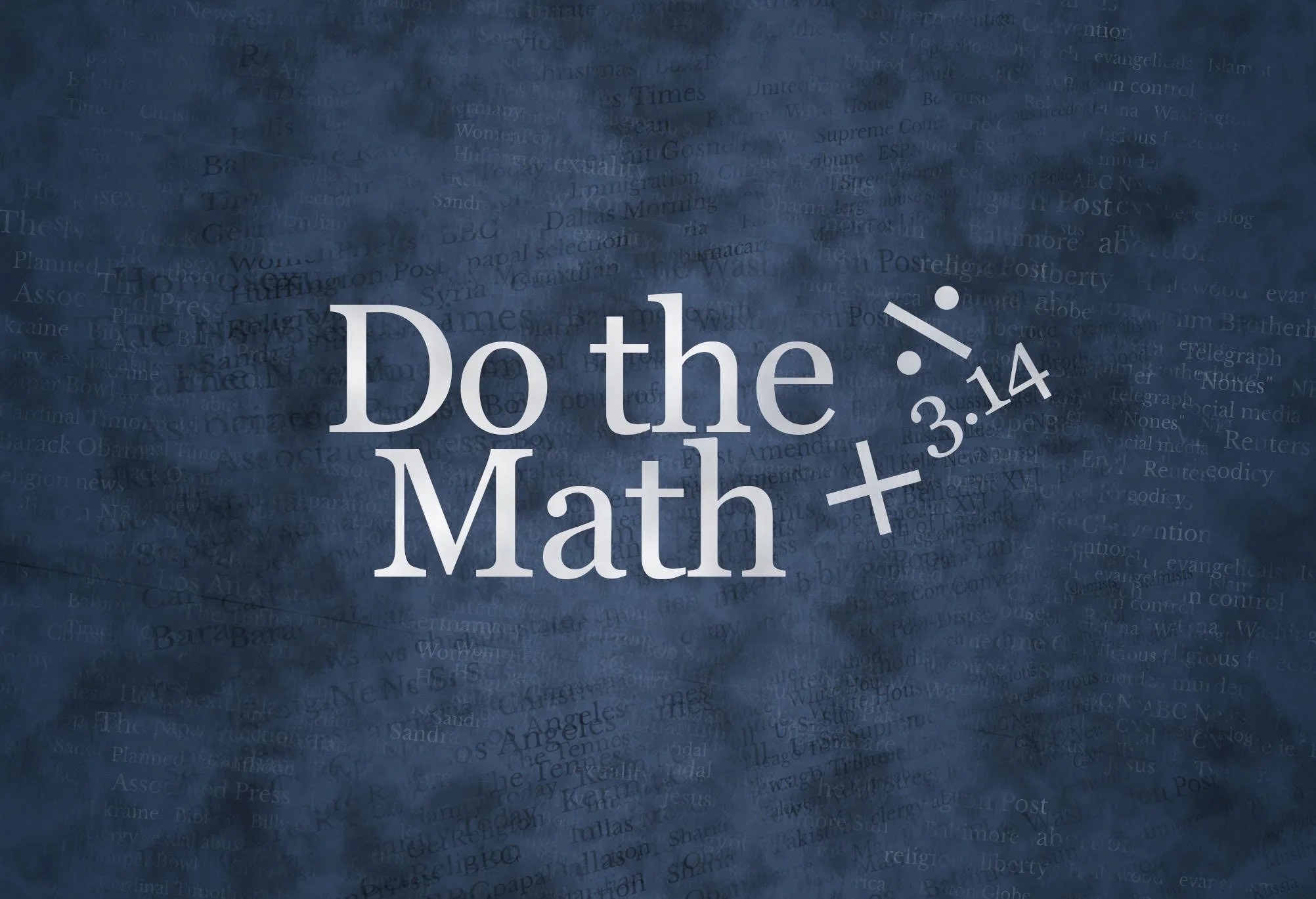One of the true gifts of being a quantitative social scientist in 2023 is that I get to stand on the shoulders of the giants who came before me.
A handful of scholars fought hard to get a series of religion questions added to the General Social Survey when it was first fielded in 1972. Then they had to fight to keep those questions on there over the last five decades.
I wouldn’t be able to do this kind of work without the unnamed and all too quickly forgotten contributions of those academics who knew that those kinds of questions were going to be useful someday. This post is a tribute to those efforts to trace American religion since the early 1970s.
After staring at this data for the last decade I wanted to compile four examples of trend lines in the data that still blow my mind. These are short little periods of time when American religion changed dramatically and has largely been overlooked. I think they can offer some insights into how American culture has shifted in the last couple of decades.
The Evangelical Surge (1983-2000) — It feels like evangelicals are everywhere. Hardly a week goes by without some type of national news story about what they are up to, but that’s especially the case when an election draws near. No denominational gathering is covered as extensively as the Southern Baptist Convention’s Annual Meeting. People, for whatever reason, are just fascinated (and sometimes horrified) by evangelical Christianity.
But, if you look at the share of Americans who were evangelical in 1980 and in 2018, there’s basically been no change. They were 24% in 1980 and about 23% in 2018. The same is true when look at 1983 and 2000. About 23% of America in those two years.
But between those two dates, evangelicalism experienced an unbelievably swift rise and then an even faster decline. Between 1983 and 1993, evangelicalism grew by 6.6 percentage points. Then, in the next seven years, it gave back almost all those gains by losing 6.3 percentage points. At its peak, three in ten American adults were evangelicals.










